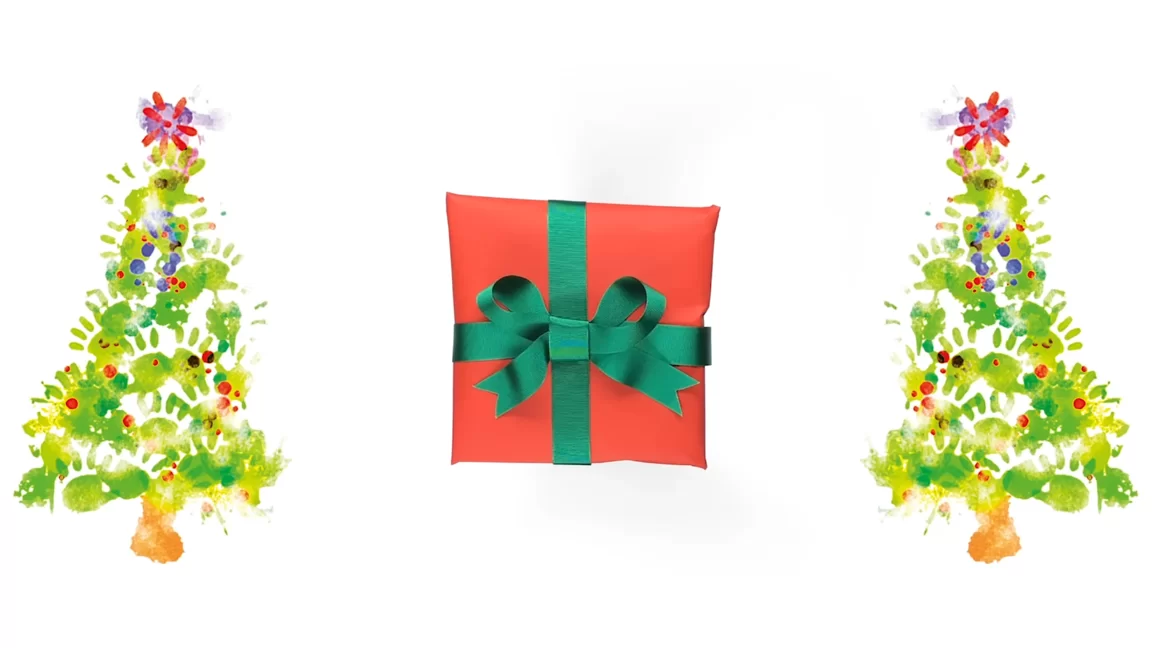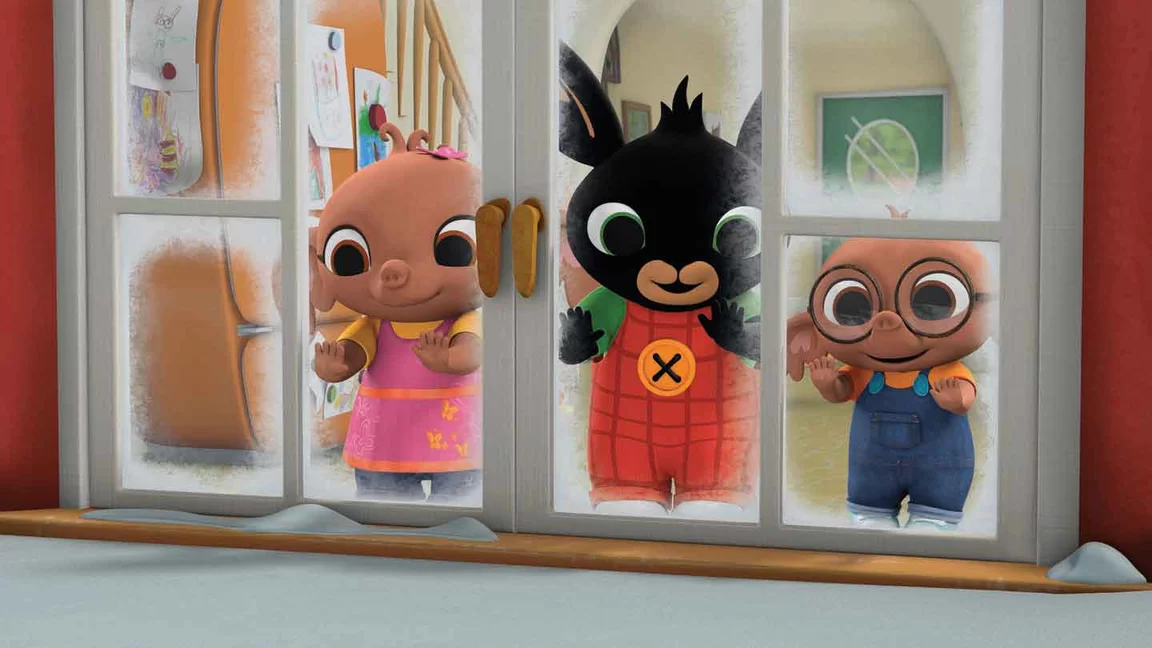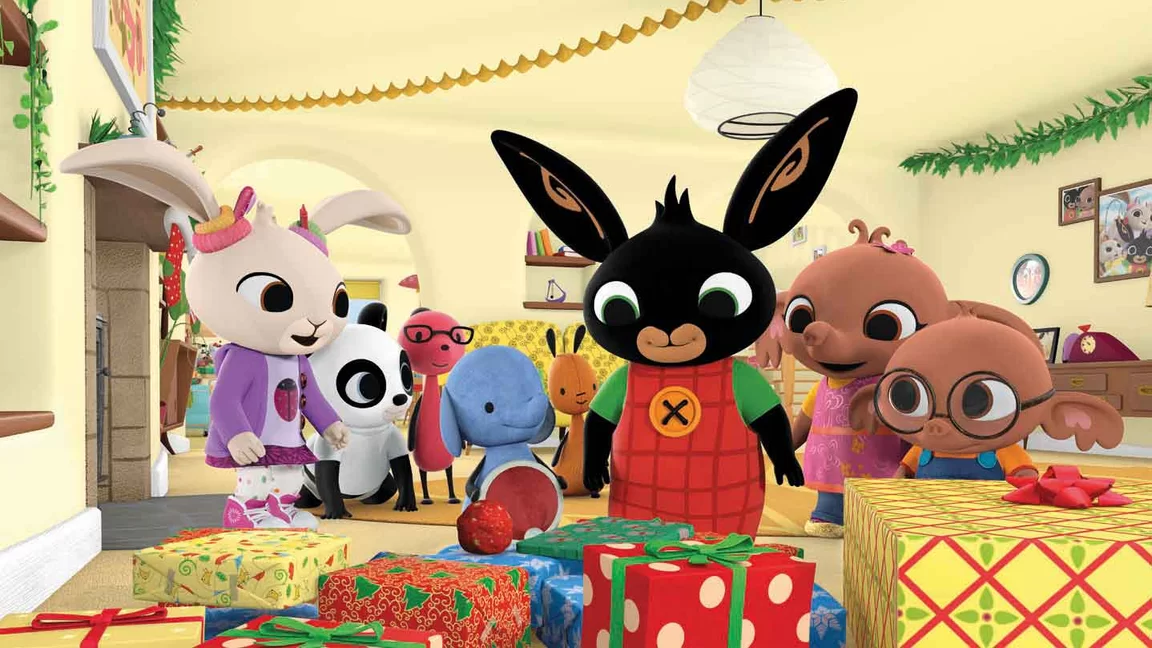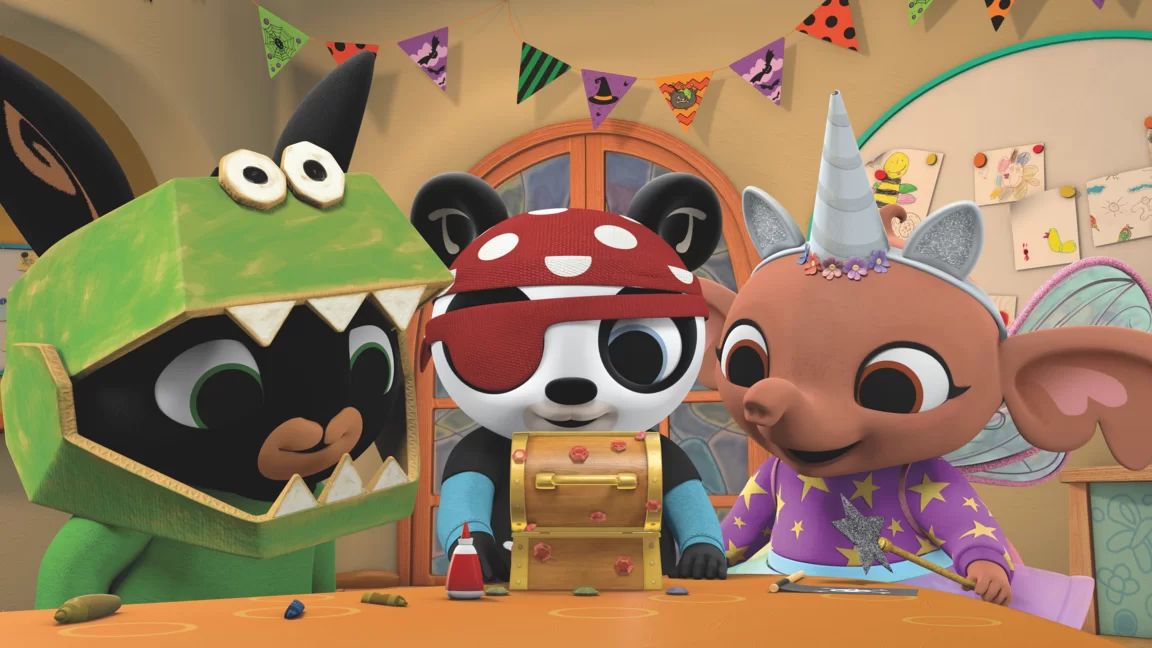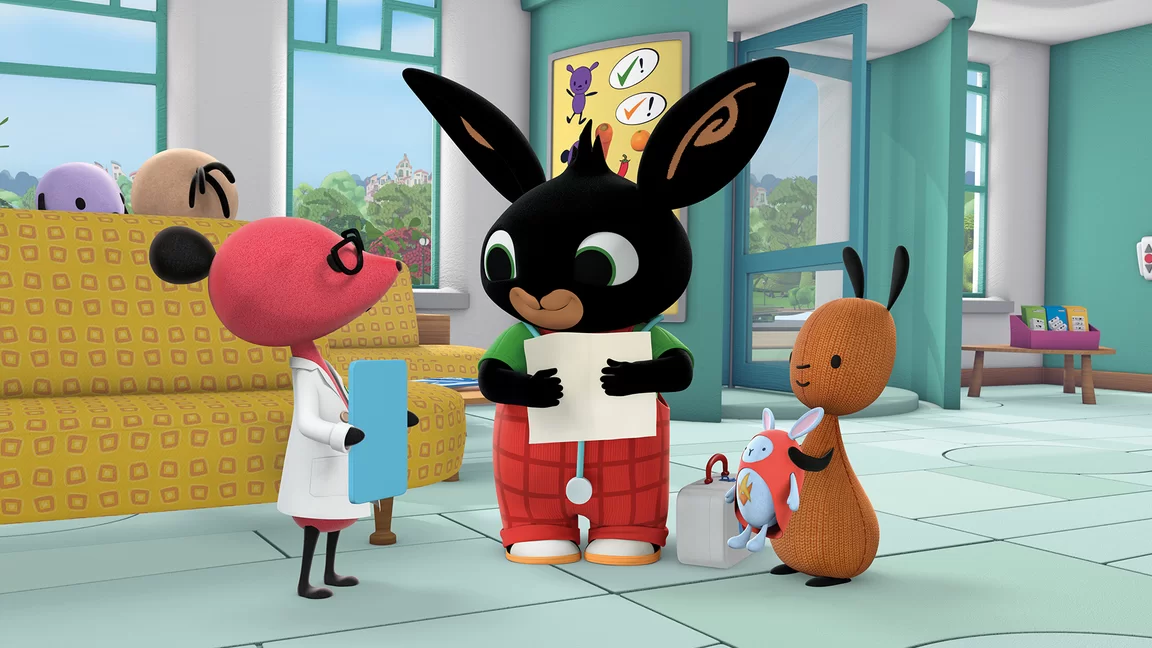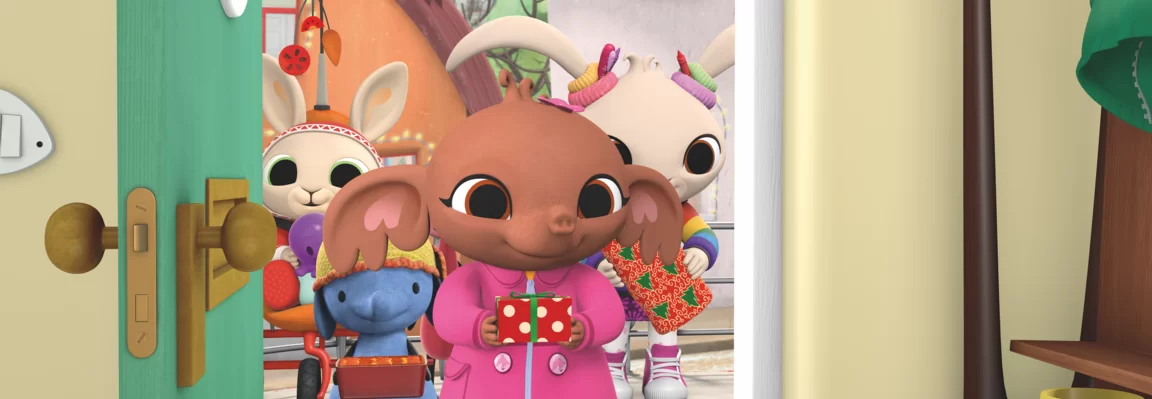
Kate Silverton's Four Best Tips for Dealing with big feelings at Christmas
Dealing with Big Feelings at Christmas
By Kate Silverton
Why Santa might want to think twice before calling children naughty or nice
This time of year thoughts turn to family get-togethers, exchanging presents and creating memories. Children start to think of visiting Santa and what they need to do to get on the “Nice” list and avoid the one headed “Naughty.”
I wrote a book called ‘There’s No Such Thing As Naughty’ and I think it’s time we brought Santa up to speed with the science that shows us why it’s the naughty list that we should consider ‘naughty’, rather than our children. I am now passionate that Santa, and anyone else using the term ‘naughty’ reconsider their vocabulary, because we are blaming children for behaviour that is beyond their control! If we want to raise children with a strong sense of self, and good mental health, we must outlaw the outdated and inaccurate concept of naughty and what better time than Christmas, when so many big emotions - and behaviours - are running riot!
As a child therapist, my studies and clinical work have taught me that a child’s behaviour is nothing to do with ‘naughty’ and everything to do with need. Needs adults can easily help children to resolve.
Neuroscience shows us that tantrums, rather than ‘naughty’, are actually the sign of a child who has been hijacked by their body’s stress response. When our children fling themselves around, beating their chests, or the floor, it’s because there’s a neurochemical wildfire going off inside them. They are literally acting out how they’re feeling. When they wail when Auntie Claire bought the ‘wrong type of train set’ or they struggle to leave a playdate or Christmas party, they’re not being difficult, they’re feeling genuine distress. Recent research reveals that big emotions like disappointment are felt in the same part of the brain as physical pain! While adults can process situations and big emotions using what I call the wise owl part of the brain - our pre-frontal cortex - young children do not yet have the experience or brain capacity to do so. As a parent, I understand that dealing with children who are expressing their emotions so dramatically - can also feel very testing - especially at a time when we have so many other big things on our plate.

Kate Silverton
A child’s behaviour is nothing to do with ‘naughty’ and everything to do with need. Needs adults can easily help children to resolve.
Christmas can be a magical time for families, but it can also bring more pressures for parents too. We try to organise the perfect Christmas for our children, ticking off trips to Santa, seeing the Christmas lights, buying the right gifts, worrying if we can’t afford too many, or perhaps that we have bought too much. Throw in a few challenging family dynamics and it’s easy to feel overwhelmed. When we are stressed we are usually quicker to chastise our children, less patient, and certainly more likely to jump to the conclusion of ’naughty’!
So, what tips would I share this Christmas to ensure you remain merry, and you, and your children have the restful and joyful holiday you all deserve:
-
Switch off the phone, simplify your social diary and don’t feel guilty for slowing things down. Attention is the most basic form of love - one of the biggest things our children crave most is time spent with them, so gift your children your presence over presents.
-
If your child is in distress and throwing a tantrum in public or at home, you can use the tool I describe in my book - STOP SN’OT -: first STOP and take a deep breath, (this regulates your own feelings of stress and reduces the instinct to shout!), then remember this is SN’ot personal! However personal I know tantrums (especially in public) can feel! Your child is simply experiencing overwhelming stress and they need your help to calm down.
So then you can O - OBSERVE; ok, if this is not about me...what else could be going on? Research shows us that young children under four need help regulating their emotions every twenty seconds!!! A tantrum simply tells you your child is now on physiological and psychological overwhelm. Which helps you to T - THINK about the situation from the perspective of your child. A meltdown at the shops might simply be due to tiredness, hunger, or boredom, all of which can trigger a child’s stress response. Getting the ‘wrong’ present from Santa can be felt very keenly - remember disappointment IS painful to a young child whose brain is still developing. -
Understanding that our children’s behaviour comes from a place of need rather than ‘naughty’ means we can consider not ‘what’s WRONG with you?!” But rather, what might you need right now? then we can ask ‘and how can I help?’ It can be as simple as a hug. Science shows hugs can be incredibly healing given they help to co-regulate a child whose stress response is on fire.
-
We need to model the behaviour we want to see from our children. If we shout, they’ll learn to shout too. If we apologise when we are stressed and accept that we need to speak more kindly, so our children will learn to apologise and speak more kindly too. Just as there’s no such thing as ‘naughty’, there’s no such thing as perfect, not us and not our children. But our children don’t need us to be perfect, they just need us to accept they’re not perfect either. Giving our children the gift of compassion, of understanding and above all our unconditional love will go a long way to seeing you with more silent nights and a lot more merry festive joy.

Kate Silverton
Giving our children the gift of compassion, of understanding and above all our unconditional love will go a long way to seeing you with more silent nights and a lot more merry festive joy.
Download a printable version
About the author
Kate Silverton is qualified child therapist and an advocate for children and their emotional well-being. Her academic roots are in child development, with a BSc in Psychology; she has worked for more than a decade in children’s mental health, ultimately retraining as a children’s counsellor with the children’s mental health charity, Place2Be and practices clinically with young children at a London primary school. Alongside this, Kate is on of BBC’s mail national news presenters and a previous contestant on ‘Strictly Come Dancing”.
Kate Silverton, Child Therapist
- Web: https://www.katesilverton.com/
- Twitter: @KateSilverton
- Instagram: @katesilverton

